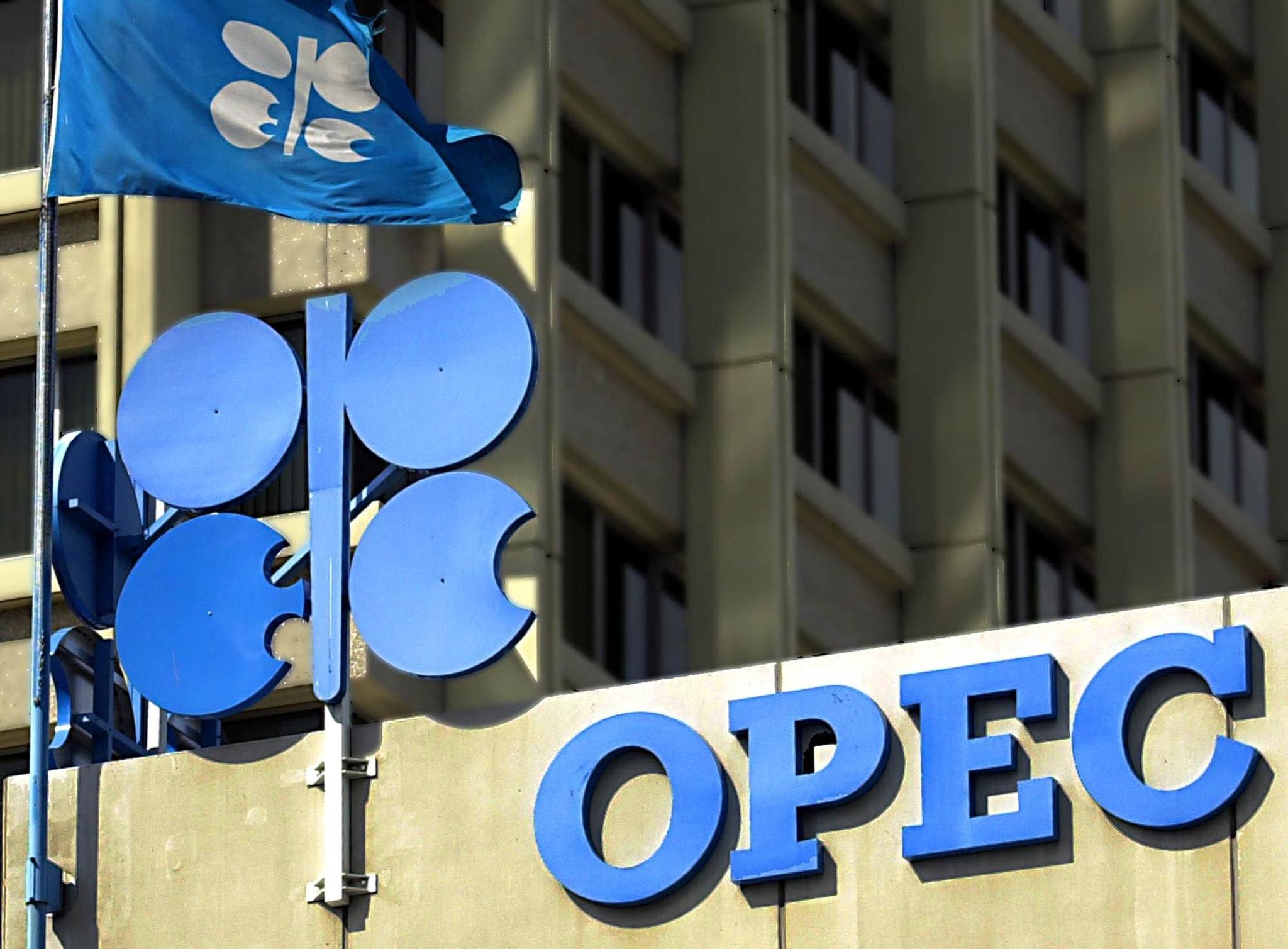OPEC+ Struggle Over African Quotas Forces A Delay To Meeting
Saudi Arabia and its oil allies are once again struggling with a dispute over output quotas for African members, forcing the group to delay a critical meeting.
The 23-nation OPEC+ coalition has pushed back a gathering to finalize output levels for 2024 by four days to Nov. 30. Delegates say they’re seeking extra time as Angola and Nigeria chafe at lower targets pressed on them by more powerful members.
Before the delay announced on Wednesday, oil traders thought Saudi Arabia was gearing up to announce an extension of its unilateral 1 million barrel-a-day cutback in a bid to prop up faltering prices. There were also some predictions that Riyadh could even steer other members into joining them with additional curbs of their own.
Instead, the Organization of Petroleum Exporting Countries and its partners announced a postponement of their upcoming gathering, a move that took many members by surprise and deepened a recent selloff in crude prices. Global benchmark Brent fell by 1.4% in Asia on Thursday, after slumping as much as 4.9% the previous day following the delay announcement.
“Moving a meeting like that is simply a big deal,” said Jan Stuart, global energy economist at Piper Sandler & Co. in New York. “You don’t lightly do that.”
The spat dredges up a disagreement from June, when Angola, Congo, and Nigeria were pushed by Saudi Energy Minister Prince Abdulaziz bin Salman to accept reduced output targets for 2024 that reflect their diminished capabilities. The African exporters have struggled in recent years with under-investment, operational disruptions, and aging oil fields.
The countries had reluctantly acquiesced to the new quotas with the caveat that they’d be revised higher again if an external audit by three firms — Rystad Energy A/S, Wood Mackenzie Ltd., and IHS — proved their capacity was larger. That assessment has been submitted, but the trio have rejected its findings, officials said, speaking on condition of anonymity.
Nigeria has shown recently that it can surpass its new limits. It pumped 1.416 million barrels a day last month, or 36,000 barrels a day above its target for 2024, according to data from OPEC’s Vienna-based secretariat.
As part of the deal agreed in June, the United Arab Emirates secured the right to increase production modestly in January in order to deploy recent capacity additions. It’s unclear whether there’s any pressure now for Abu Dhabi to relinquish that boost in order to shore up flagging markets.
The revised meeting date of Nov. 30 will coincide with the first day of the United Nations climate talks, known as COP28, which are taking place in the UAE city of Dubai. Delegates say it’s uncertain whether the belated gathering will be in Vienna, as originally planned, or held as an online webinar.
The absence of an OPEC+ agreement on production for next year would leave global oil markets in a precarious position.
Crude is down about 16% from its September peak amid surprisingly strong American output, while China — the world’s biggest oil importer — has seen falling refining margins and faltering economic indicators. World markets are poised to tip back into surplus early next year as demand growth slows dramatically, while producers like the US and Guyana continue to grow, according to the International Energy Agency.
At the same time, Iranian supplies have recovered as the US relaxes its enforcement of sanctions, and Russian exports have held steady as the country pumps more than its OPEC+ quota.
Crude’s retreat has brought relief for consumers squeezed by years of rampant inflation, but it spells discomfort for exporters like the Saudis. Riyadh may need prices closer to $100 a barrel as it splashes on construction mega-projects and high-profile sports players, Bloomberg Economics estimates.
Demand growth is very strong but there is a lot more supply than expected so OPEC+ needs to cut, Pierre Andurand, the renowned oil trader and founder of Andurand Capital Management, said in an interview with Bloomberg Television.
“The Saudis will probably want the other countries to cut as well,” Andurand said. “It’s going to be a negotiation.”



Comments are closed.